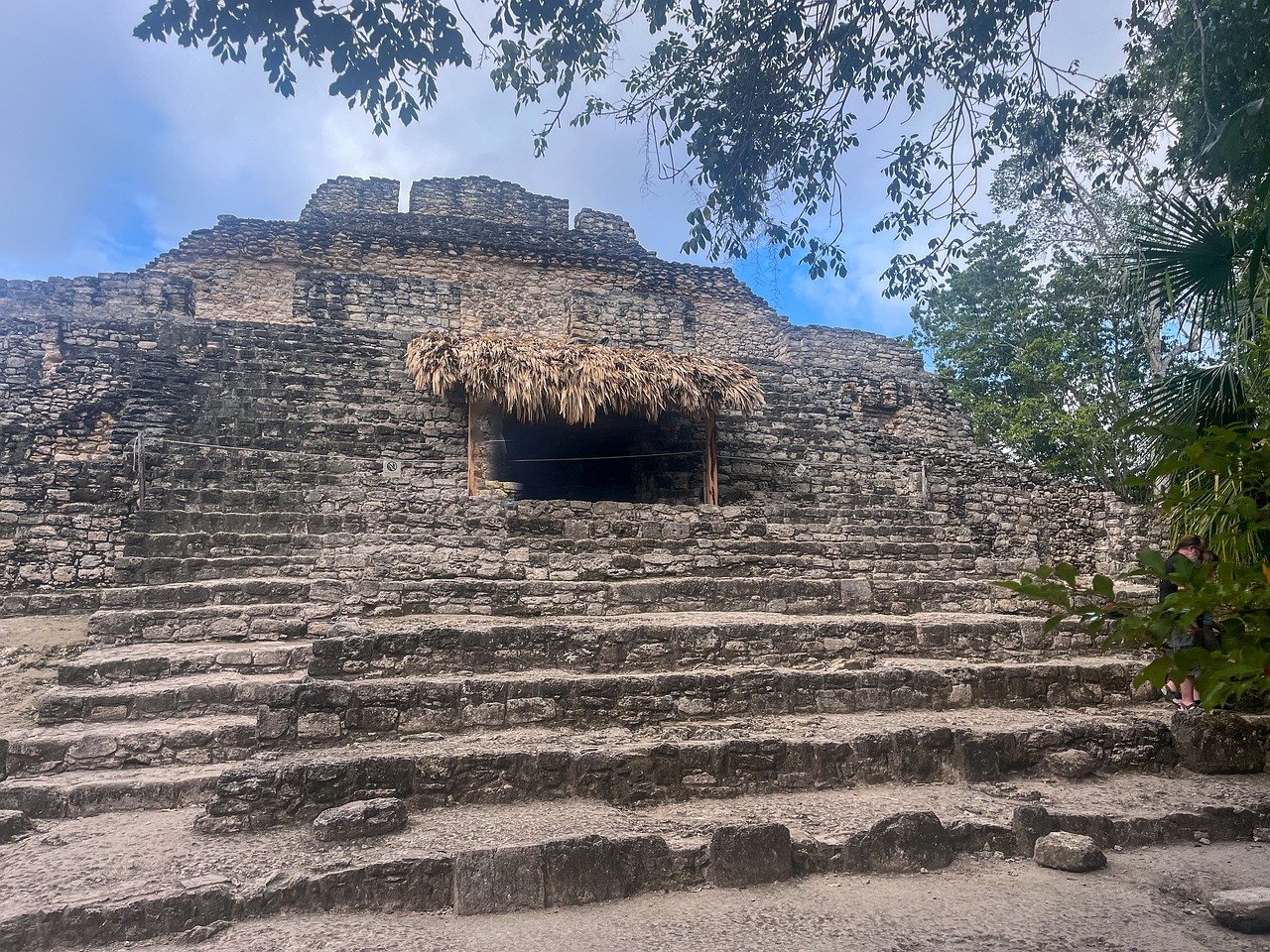Traveling as a Spiritual Journey: Pilgrimages and Sacred Sites Around the World
Sacred sites hold a profound significance in various cultures around the world. These places are often considered holy or spiritually important, drawing pilgrims seeking solace, blessings, or answers to their prayers. The reverence for sacred sites is deeply rooted in the history and beliefs of the people who visit them, creating a sense of connection to the divine and fostering a strong sense of community among followers.
The power of sacred sites lies in their ability to transcend time and space, serving as a link between the physical and spiritual realms. Whether it’s a natural wonder like a mountain peak or man-made structures like ancient temples, these sites are believed to be endowed with divine presence, making them a destination for those seeking enlightenment or a deeper connection to their faith. The rituals and traditions associated with these sacred places offer a sense of continuity and tradition, reinforcing the spiritual significance that has been passed down through generations.
The History of Pilgrimages
Pilgrimages have been a longstanding tradition across various cultures and religions throughout history. Individuals embarking on pilgrimages seek spiritual growth, enlightenment, or a connection to something greater than themselves. The act of pilgrimage often involves a journey to a sacred site or location of religious significance, with pilgrims undertaking challenges and hardships along the way as a form of devotion.
Historically, pilgrimages have been documented in ancient civilizations such as the Egyptians, Greeks, and Romans, each with their own unique practices and beliefs surrounding pilgrimage. The concept of pilgrimage has evolved over time, with different cultures incorporating their own rituals, ceremonies, and traditions into the pilgrimage experience. Despite variations in practices, pilgrimages have consistently served as a means for individuals to deepen their faith, express devotion, and experience personal transformation through a physical and spiritual journey.
• Pilgrimages have been a longstanding tradition across various cultures and religions throughout history.
• Individuals embarking on pilgrimages seek spiritual growth, enlightenment, or a connection to something greater than themselves.
• The act of pilgrimage often involves a journey to a sacred site or location of religious significance.
• Pilgrims undertake challenges and hardships along the way as a form of devotion.
Historically, pilgrimages have been documented in ancient civilizations such as the Egyptians, Greeks, and Romans. Each culture had its own unique practices and beliefs surrounding pilgrimage. The concept of pilgrimage has evolved over time with different cultures incorporating their own rituals, ceremonies, and traditions into the pilgrimage experience. Despite variations in practices, pilgrimages have consistently served as a means for individuals to deepen their faith, express devotion, and experience personal transformation through a physical and spiritual journey.
The Role of Pilgrimages in Different Cultures
Pilgrimages play a significant role in various cultures around the world. They are considered sacred journeys undertaken by individuals seeking spiritual growth or connection with their faith. Across different societies, pilgrimages serve as a way to express devotion, strengthen religious beliefs, and experience a sense of unity with fellow believers.
In Hindu culture, pilgrimages to sacred sites like Varanasi in India or the Ganges River hold immense importance. These journeys are believed to purify the soul and bring blessings upon the pilgrim. Similarly, in Islam, the Hajj pilgrimage to Mecca is a fundamental pillar of the faith, symbolizing unity among Muslims and the submission to the will of Allah. Such pilgrimages foster a sense of community and solidarity among believers, transcending geographical boundaries.
What are some examples of sacred sites that are important for pilgrimages?
Some examples of sacred sites include Mecca for Muslims, Jerusalem for Christians and Jews, Varanasi for Hindus, and Lourdes for Catholics.
How long have pilgrimages been a part of different cultures?
Pilgrimages have been a part of different cultures for thousands of years, with records dating back to ancient civilizations like the Egyptians and Greeks.
What is the significance of pilgrimage in different cultures?
Pilgrimages are considered important for spiritual growth, seeking blessings, atonement for sins, or simply as a way to connect with a higher power.
How do pilgrimages differ across different cultures?
Pilgrimages can differ in terms of the rituals involved, the destinations visited, the reasons for embarking on the pilgrimage, and the frequency of the pilgrimage.
Are pilgrimages still relevant in today’s modern world?
Yes, pilgrimages are still relevant in today’s modern world as they provide a sense of connection to one’s faith, history, and community, and can offer a break from the hustle and bustle of everyday life.






